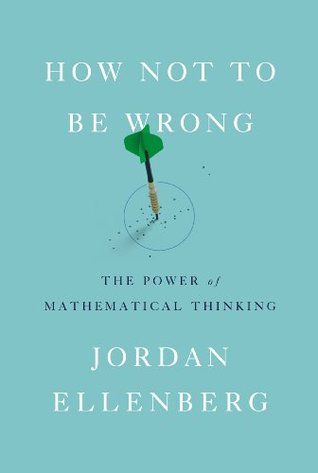More on this book
Community
Kindle Notes & Highlights
Read between
January 16 - February 9, 2022
One thing the American defense establishment has traditionally understood very well is that countries don’t win wars just by being braver than the other side, or freer, or slightly preferred by God.
A mathematician is always asking, “What assumptions are you making? And are they justified?”
Mathematics is the study of things that come out a certain way because there is no other way they could possibly be.
To paraphrase Clausewitz: Mathematics is the extension of common sense by other means.
Usually, when someone announces they’re a “nonlinear thinker” they’re about to apologize for losing something you lent them.
Nonlinear thinking means which way you should go depends on where you already are.
A basic rule of mathematical life: if the universe hands you a hard problem, try to solve an easier one instead, and hope the simple version is close enough to the original problem that the universe doesn’t object.
Working an integral or performing a linear regression is something a computer can do quite effectively. Understanding whether the result makes sense—or deciding whether the method is the right one to use in the first place—requires a guiding human hand. When we teach mathematics we are supposed to be explaining how to be that guide. A math course that fails to do so is essentially training the student to be a very slow, buggy version of Microsoft Excel.
An important rule of mathematical hygiene: when you’re field-testing a mathematical method, try computing the same thing several different ways. If you get several different answers, something’s wrong with your method.
That’s how the Law of Large Numbers works: not by balancing out what’s already happened, but by diluting what’s already happened with new data, until the past is so proportionally negligible that it can safely be forgotten.
Don’t talk about percentages of numbers when the numbers might be negative.
Dividing one number by another is mere computation; figuring out what you should divide by what is mathematics.
If you flip a coin 82 times and get 82 heads, you ought to be thinking, “Something is biased about this coin,” not “God loves heads.”


